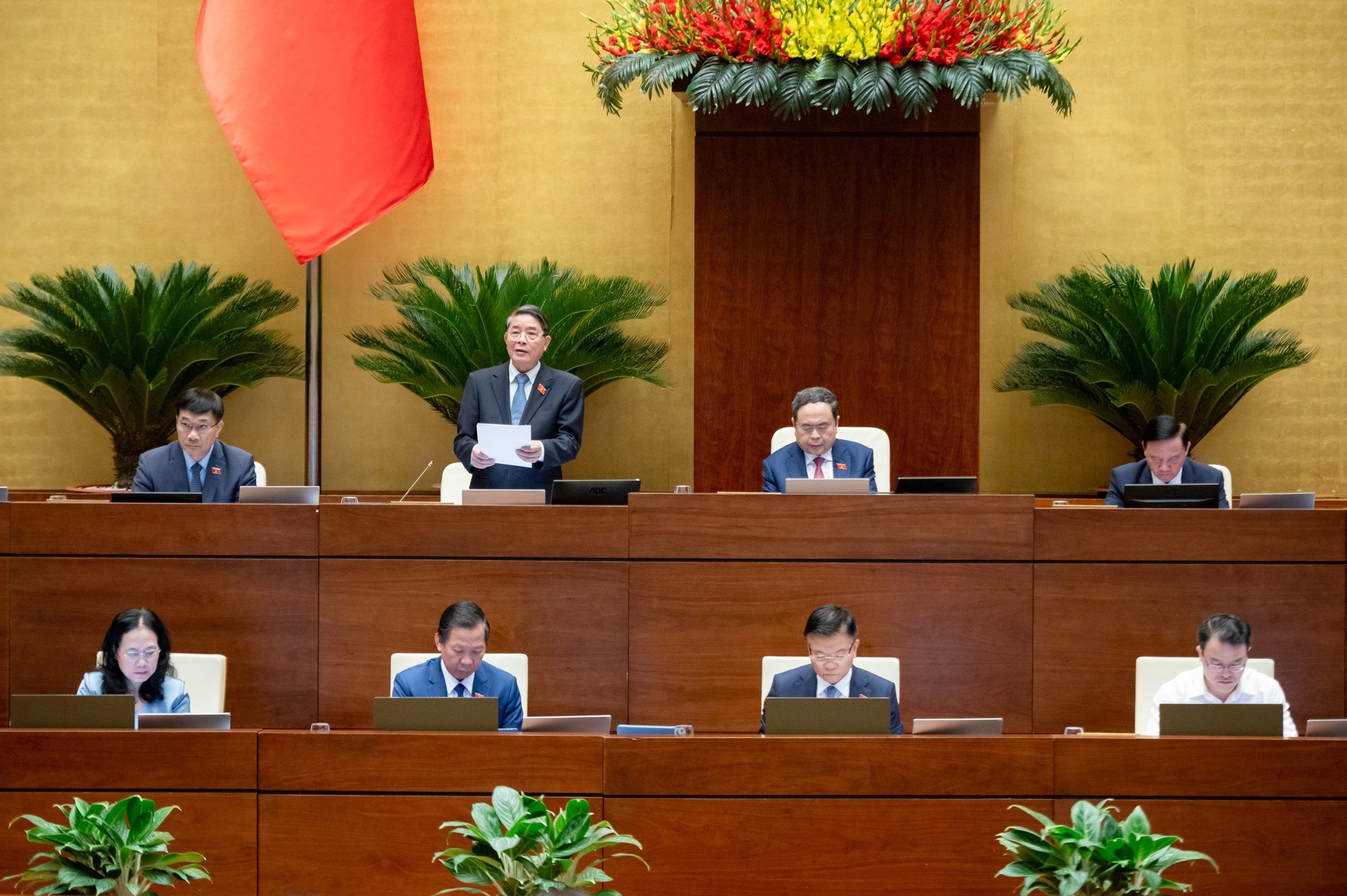
Continuing the program of the Tenth Session, this morning, October 30, right after the discussion session on the socio -economic situation, under the direction of Vice Chairman of the National Assembly Nguyen Duc Hai, the National Assembly discussed in the hall: the implementation of the state budget in 2025, the state budget estimate, the central budget allocation plan in 2026; the results of implementing the National Assembly's resolutions on the 5-year plan for the period 2021-2025; the expected national 5-year financial plans for the period 2026-2030, and medium-term public investment for the period 2026-2030.
Consider fiscal policy expansion cautiously
2025 is the final year of the 2021-2025 medium-term public investment and budget plan, and is also a pivotal year to enter the new development phase of 2026-2030. In the context of many fluctuations in the domestic and international economy, the National Assembly deputies acknowledged that the management of the public investment budget and national finance has achieved many remarkable results, contributing to maintaining macroeconomic stability, controlling inflation, ensuring social security, and maintaining reasonable growth momentum.
However, looking deeper, delegates said that it is possible to see a number of issues that need to be analyzed and handled at a strategic level to create a solid fiscal foundation for the coming period.
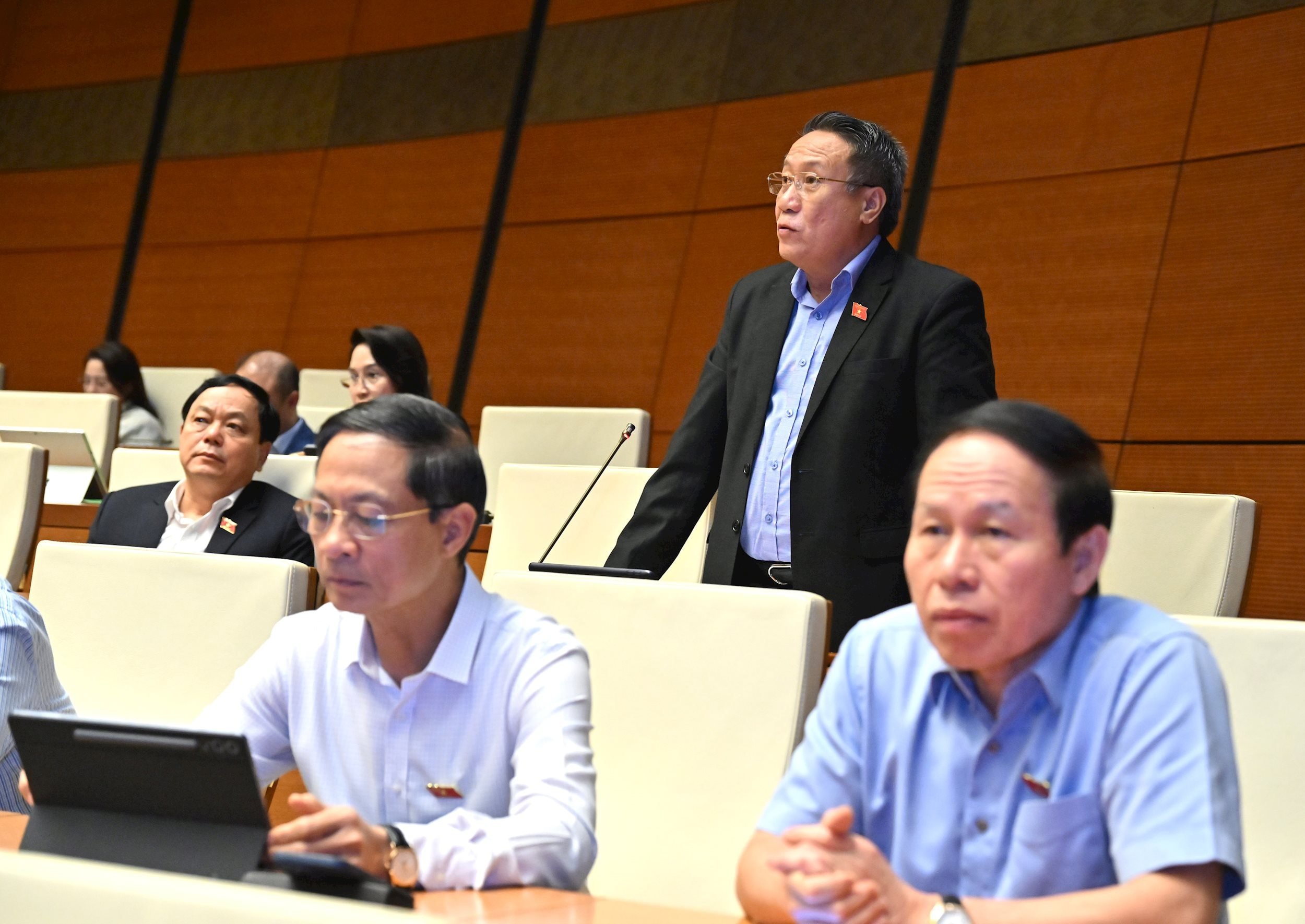
According to National Assembly Deputy Ha Sy Dong (Quang Tri), it is necessary to clearly recognize that the current budget revenue and expenditure structure is still unsustainable; budget revenue increases in recent years are mainly due to a number of situational factors, and have not yet formed a long-term driving force. New revenue sources from the digital economy, e-commerce, and cross-border services have not been effectively exploited.
On the other hand, revenue from equitization and divestment of state capital is still very low while regular expenditure still accounts for a high proportion. Saving 10% of regular expenditure is mainly through task reduction, not from technological innovation, process reform or streamlining the apparatus. "Therefore, it is necessary to shift the focus from revenue to strengthening the sustainable revenue foundation by reforming tax policies, improving revenue management, preventing revenue loss and nurturing long-term revenue sources," noted delegate Ha Sy Dong.
Considering that in the coming term, with the country implementing many important national projects, requiring huge investment resources, expanding the budget deficit and increasing public debt to increase investment sources is an objective need, however, National Assembly Deputy Tran Van Lam (Bac Ninh) emphasized that expanding fiscal policy needs to be considered, calculated, and weighed carefully, along with improving the quality and efficiency of investment.
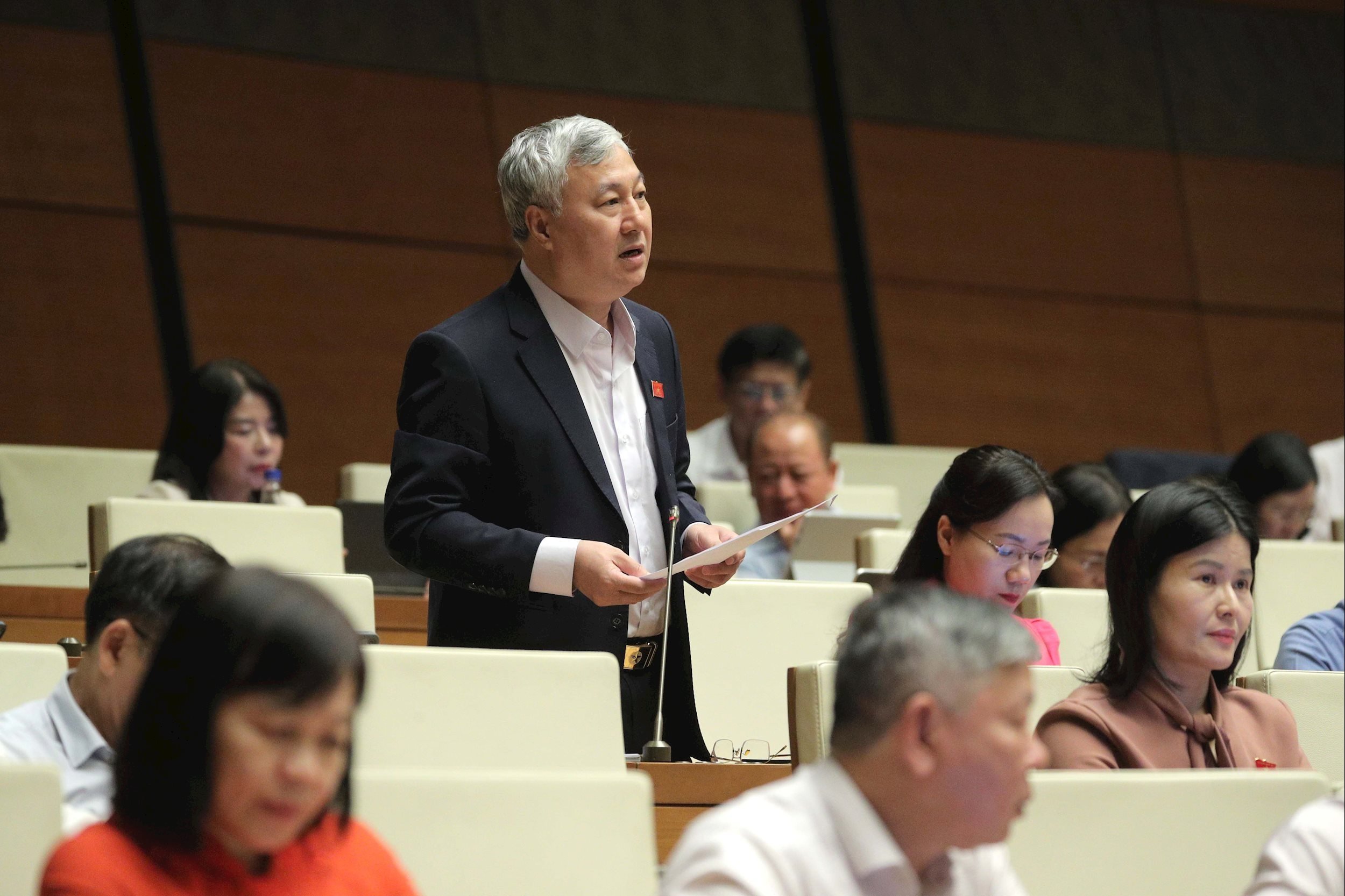
In particular, weaknesses in all stages of the investment sector need to be overcome soon; from selecting investment projects that are truly necessary and have the potential to support sustainable economic growth to the stages of project preparation, investment preparation, implementation, and disbursement to bring capital resources to early effectiveness, minimizing waste due to slow disbursement and transferring resources to the following year.
"Only then can the pressure on budget deficit and public debt be relieved, macro balances be firmly ensured and economic growth truly go into depth, quality and sustainability," said delegate Tran Van Lam.
Research on innovation in budgeting
Concerned about the state budget estimate for 2026, National Assembly Deputy Tran Van Tien (Phu Tho) said that the total state budget revenue in 2026 will increase by 5.88% compared to 2025 while GDP growth will increase by 10% or more, which is unreasonable. Therefore, the delegate proposed to raise the budget revenue increase rate to be equivalent to the economic growth rate.
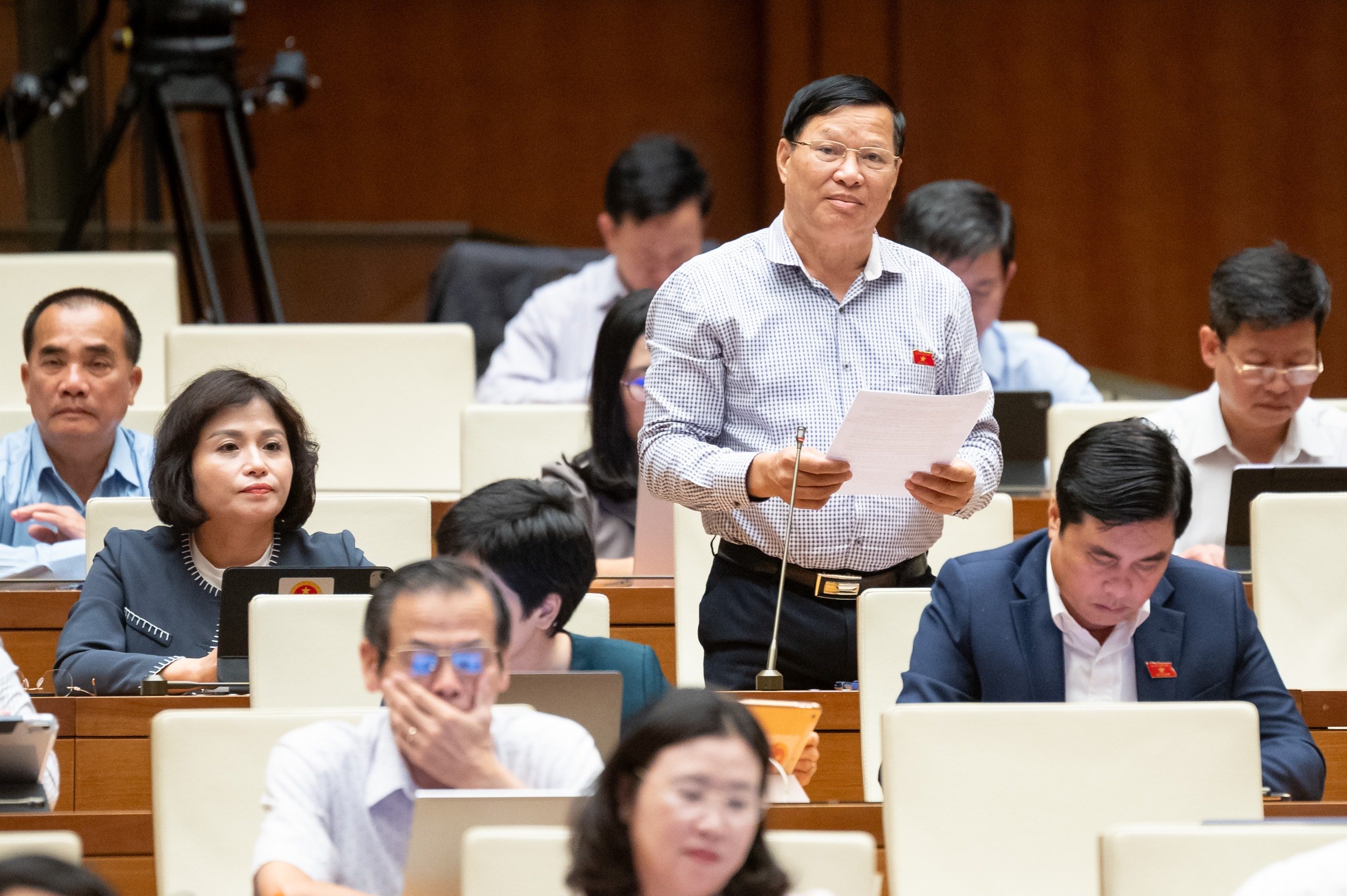
In addition, the mobilization rate for the state budget is about 17.4% of GDP (lower than the 18.7% of GDP in 2025); revenue from taxes and fees contributes about 13% of GDP (this figure in 2025 is 13.5% of GDP). Delegate Tran Van Tien suggested that the Government study these indicators to ensure their reasonableness.
Delegate Tran Van Tien also pointed out that the state budget revenue estimate still has many revenue items with low or very low growth rates such as: land use fee revenue estimate; revenue from dividends, after-tax profits, difference between State Bank revenue and expenditure, revenue from crude oil, revenue from import-export activities...
“The Government needs to review and adjust the growth rate of a number of indicators affecting GDP growth to ensure feasibility for economic growth in 2026,” the delegate suggested.
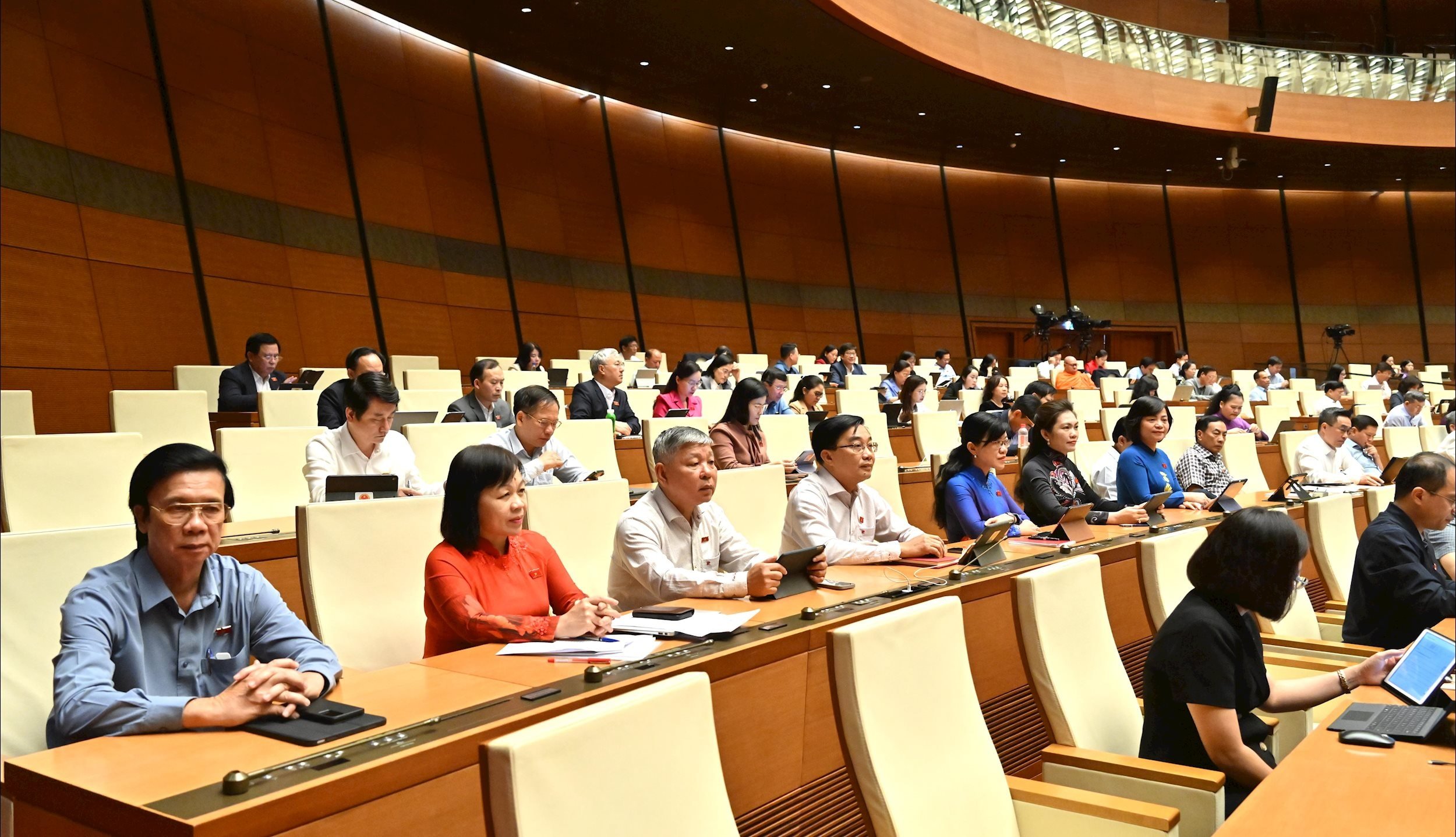
In addition, central budget revenue tends to decrease. In 2025, central budget revenue accounts for 48.4% of total state budget revenue. In 2026, central budget revenue accounts for 47.88% of total state budget revenue. Therefore, delegate Tran Van Tien noted that it is necessary to further consider the structure of state budget revenue to ensure the role of the central budget in socio-economic development.
Delegate Tran Van Lam suggested that in the next term, it is necessary to study and innovate the budgeting stage to set the budget at a safe and highly feasible level, and at the same time determine the reserve level for excess revenue if favorable conditions allow. In addition to the revenue estimate, it is also necessary to establish an expenditure estimate immediately. The expenditure estimate must also be built synchronously and accordingly to have a plan to arrange and use excess revenue for tasks and projects in the order of priority that has been established from the beginning. This will improve the efficiency of budget use and also reduce concerns about high and low in the preparation and approval of annual budget estimates.
Source: https://daibieunhandan.vn/chuyen-trong-tam-tu-thu-sang-cung-co-nen-tang-thu-ben-vung-10393612.html


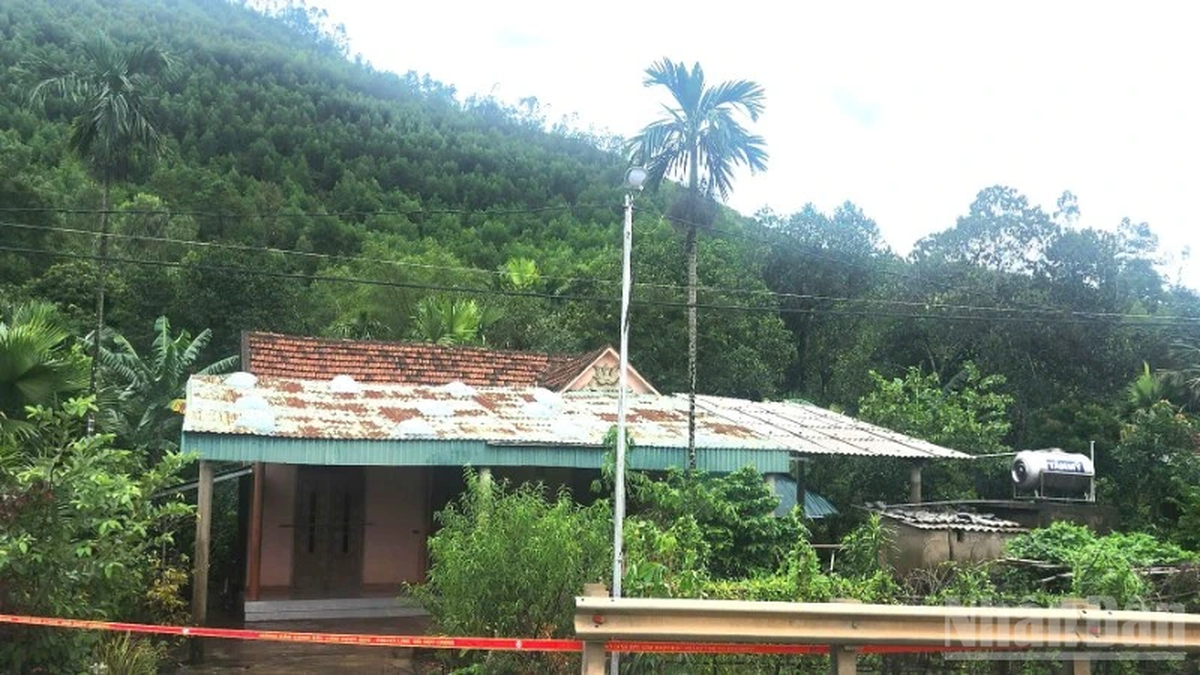
![[Photo] The Third Patriotic Emulation Congress of the Central Internal Affairs Commission](https://vphoto.vietnam.vn/thumb/1200x675/vietnam/resource/IMAGE/2025/10/30/1761831176178_dh-thi-dua-yeu-nuoc-5076-2710-jpg.webp)
![[Photo] General Secretary To Lam attends the Vietnam-UK High-Level Economic Conference](https://vphoto.vietnam.vn/thumb/1200x675/vietnam/resource/IMAGE/2025/10/30/1761825773922_anh-1-3371-jpg.webp)
![[Photo] National Assembly Chairman Tran Thanh Man receives foreign ambassadors who came to say goodbye](https://vphoto.vietnam.vn/thumb/1200x675/vietnam/resource/IMAGE/2025/10/30/1761820977744_ndo_br_1-jpg.webp)
![[Photo] Touching scene of thousands of people saving the embankment from the raging water](https://vphoto.vietnam.vn/thumb/1200x675/vietnam/resource/IMAGE/2025/10/30/1761825173837_ndo_br_ho-de-3-jpg.webp)
![[Photo] General Secretary To Lam meets former British Prime Minister Tony Blair](https://vphoto.vietnam.vn/thumb/1200x675/vietnam/resource/IMAGE/2025/10/30/1761821573624_tbt-tl1-jpg.webp)
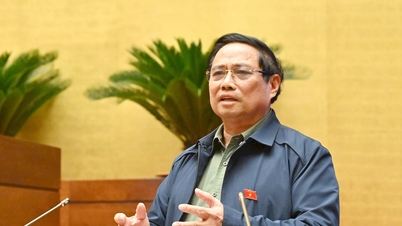
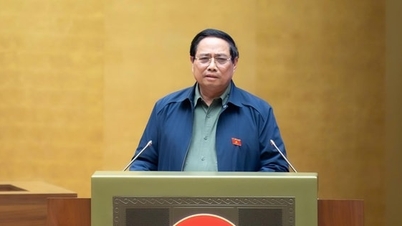

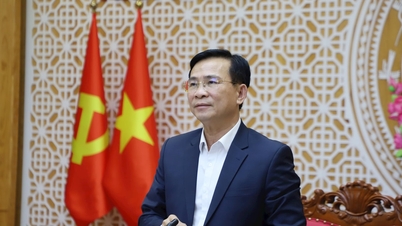

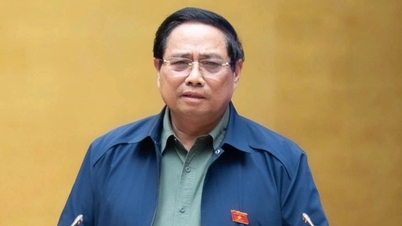

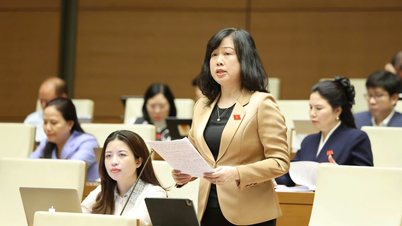
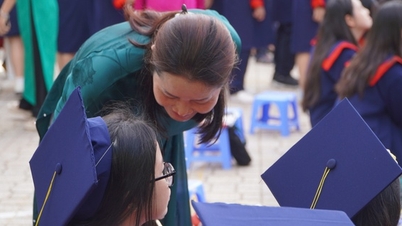

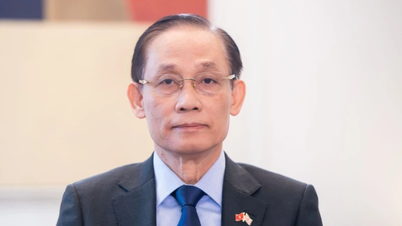


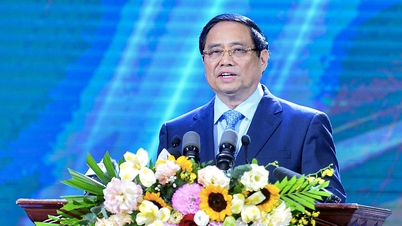

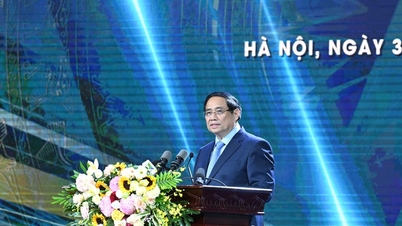
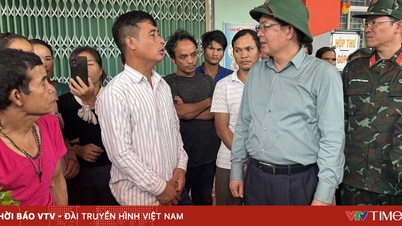






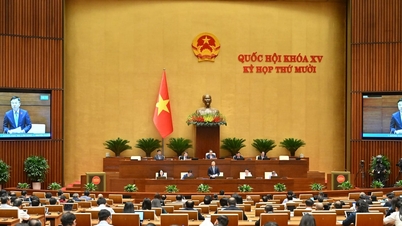

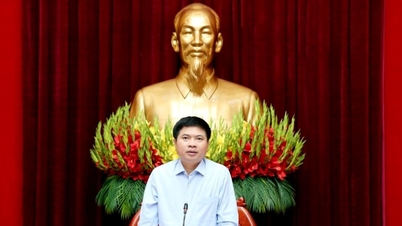
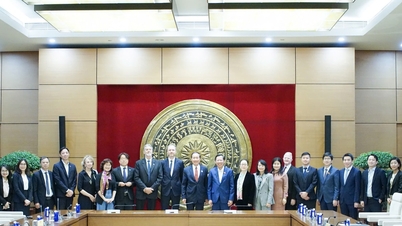
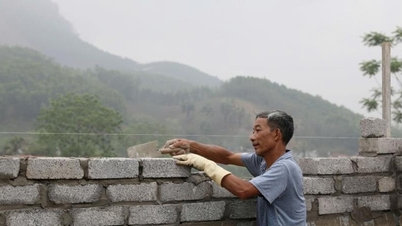
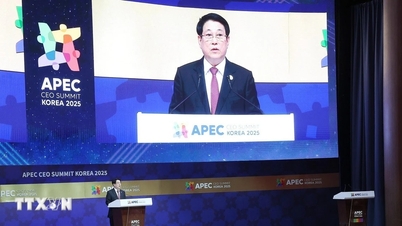






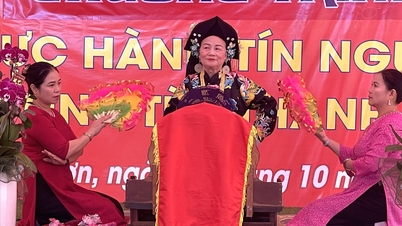














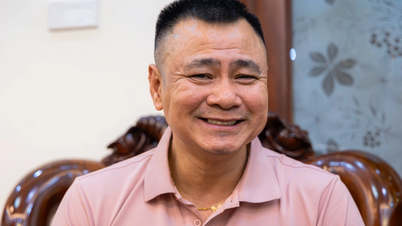
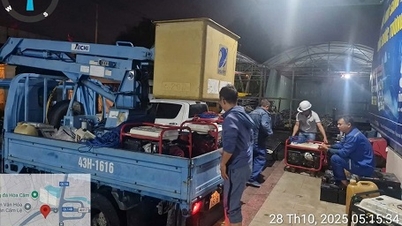

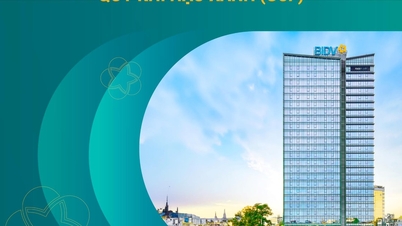

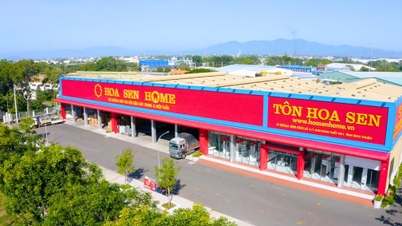










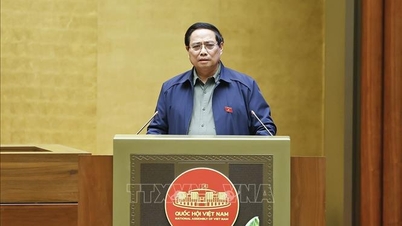

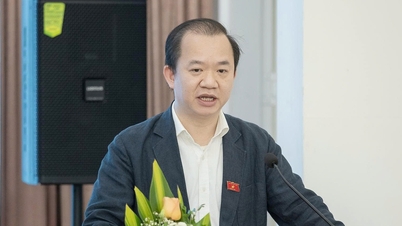
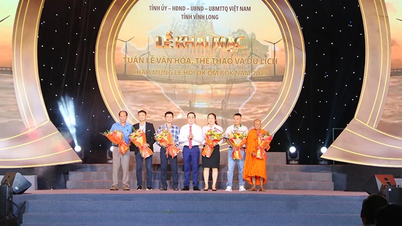

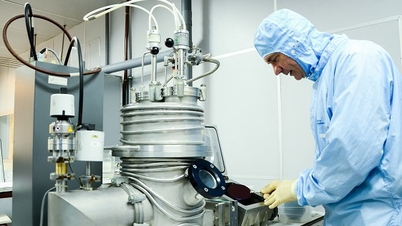

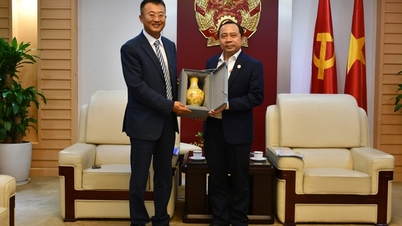
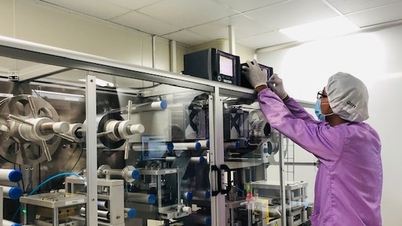
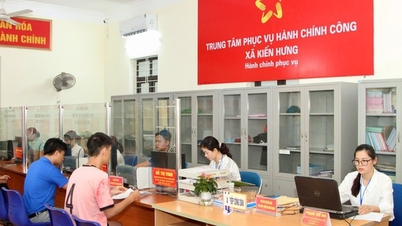
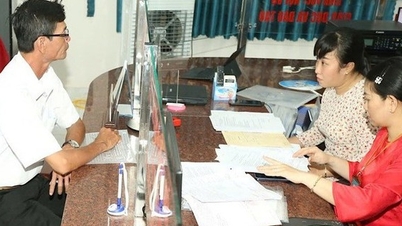
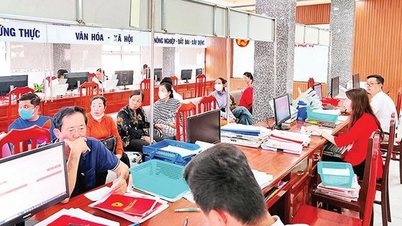
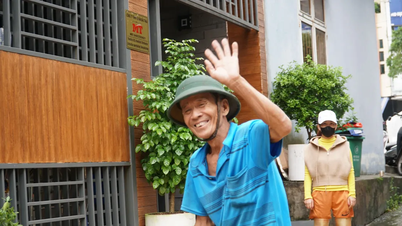

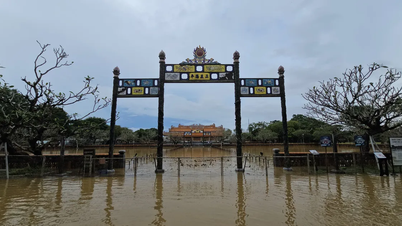
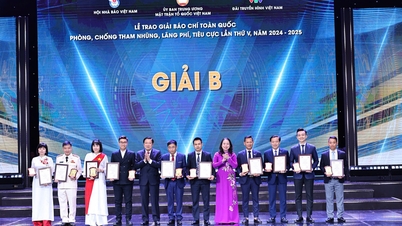

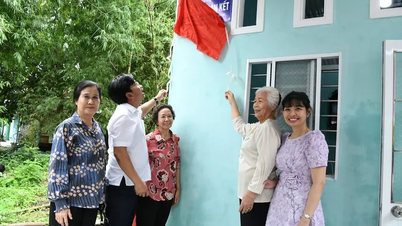

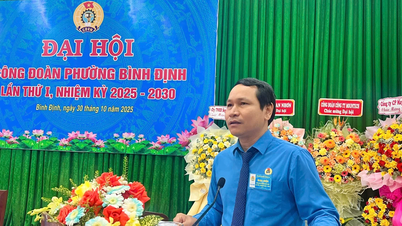















Comment (0)